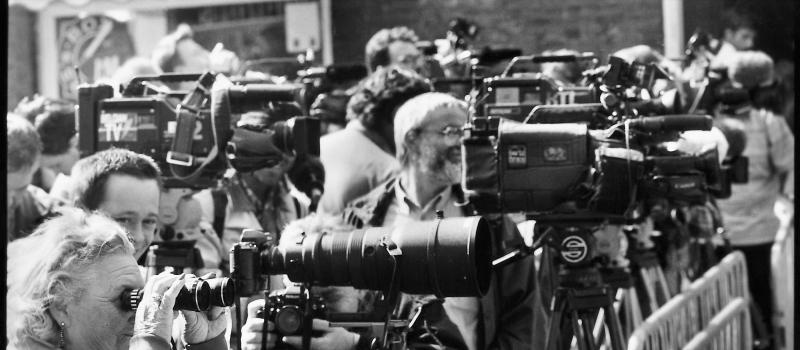
BRUSSELS - How can media outlets denounce modern slavery and exploitation at corporations and governments whilst expecting their own freelance journalists to work for free? This hypocrisy doesn't just undermine their moral authority - it threatens the very future of investigative journalism.
The truth is uncomfortable. Freelance journalists invest months in deep investigative work, often funded by grants from organisations like Journalismfund Europe. These grants cover the investigation itself - travel costs, sources, countless hours of digging. But what happens next? The journalist must still produce, edit, fact-check and prepare the story for publication. Hours of work for which media outlets increasingly refuse to pay, claiming "there's already been a grant for it."
This fundamentally misunderstands what investigative grants are for. Journalismfund Europe and similar organisations enable investigations that would otherwise never happen. They fund the spadework that exposes corruption, reveals abuses of power and brings wrongdoing to light. They're investments in the public interest. But these grants are explicitly meant for research, not for the production, post-production and editing required to transform raw investigative findings into a publishable story.
When media outlets refuse to pay for this additional work, they're essentially appropriating the results of months of investigation without fair compensation. They profit from exclusive stories that boost their credibility and relevance, whilst the journalist who made it possible is left empty-handed.
The power imbalance is complete. Of course freelancers want their investigations published in prestigious media with wide reach. After months of work, they want their revelations to have impact. Media outlets shamelessly exploit this vulnerability. "Be grateful we're giving you a platform," is the implicit message. But exposure doesn't pay rent.
This practice isn't just unethical - it's self-defeating. Investigative journalism is already an endangered species. By exploiting freelancers, media outlets make it impossible for talented journalists to continue focusing on this crucial work. We're losing the watchdogs our democracy desperately needs.
The irony is excruciating. The same media outlets that rightly rail against zero-hours contracts, underpayment and other forms of labour exploitation operate a business model built on free labour from highly skilled professionals. Their investigative journalists - the very people who unearth stories about exploitation - are themselves being exploited.
Media outlets must pay fair rates for investigative journalism, full stop. Even when there's already been an investigative grant. Especially then, actually, because they know it's valuable, unique work. If they can't or won't, they should stop pretending to be the fourth estate. Because a fourth estate that undermines its own foundations isn't a power at all - it's a façade.
Ides Debruyne
Managing director Journalismfund Europe vzw
Photo: © Stephan Vanfleteren






